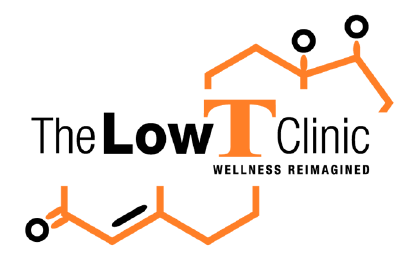Erectile Dysfunction
- Helping Men Thrive -
Effective Treatment for ED
Erectile dysfunction (ED) impairs a man's ability to achieve and sustain an erection. It can also negatively impact sexual arousal and the ability to ejaculate. If you struggle with erectile dysfunction, choose the team at The LowT Clinic for help. Our treatments for ED are tailored to our male patients’ specific health conditions and concerns and aim to restore their passion and performance.
Contact Us


Lifestyle Changes For Relieving Erectile Dysfunction
Before seeking advanced treatment, you can try the following lifestyle changes to alleviate your ED:
- Ensure you’re getting plenty of exercise and working your cardiovascular system.
- Get good sleep and ensure you're resting correctly.
- Include healthy, nutrient-rich food and drink in your diet.
- Limit your use of alcohol and tobacco, or quit using them entirely.
- Practice stress relief to alleviate depression, anxiety, or mood swings.
Contact Us

Correcting the Underlying Causes of ED
If you’ve made and maintained healthy lifestyle changes but still struggle with erectile dysfunction, we recommend getting professional medical guidance. An underlying health condition or low testosterone levels may be causing your ED, factors that can only be detected by professionals. Our providers will assess your condition and customize a treatment plan to address your needs. Here's what you can expect:
1
During your first visit, we will perform a blood test to evaluate your testosterone levels. If your levels are low, we'll provide a follow-up test to determine your eligibility for treatment. When your qualification is certain, we'll proceed with developing a treatment plan.
2
Your treatment plan will be customized to your lab results, medical history, and current medical condition. It may include treatments and therapies for erectile dysfunction, high blood pressure, and other low t-associated conditions.
3
We'll include treatment options that best meet your plan, goals, and requirements. Your treatments may include low t injections every seven to 10 days. The injections can be done by an in-office medical professional, or you can do them at home.
4
After starting your treatment regimen, we'll assess and monitor its progress and determine if additional treatments are needed. This will enable us to optimize your plan, address and prevent underlying conditions, and improve your overall well-being.


